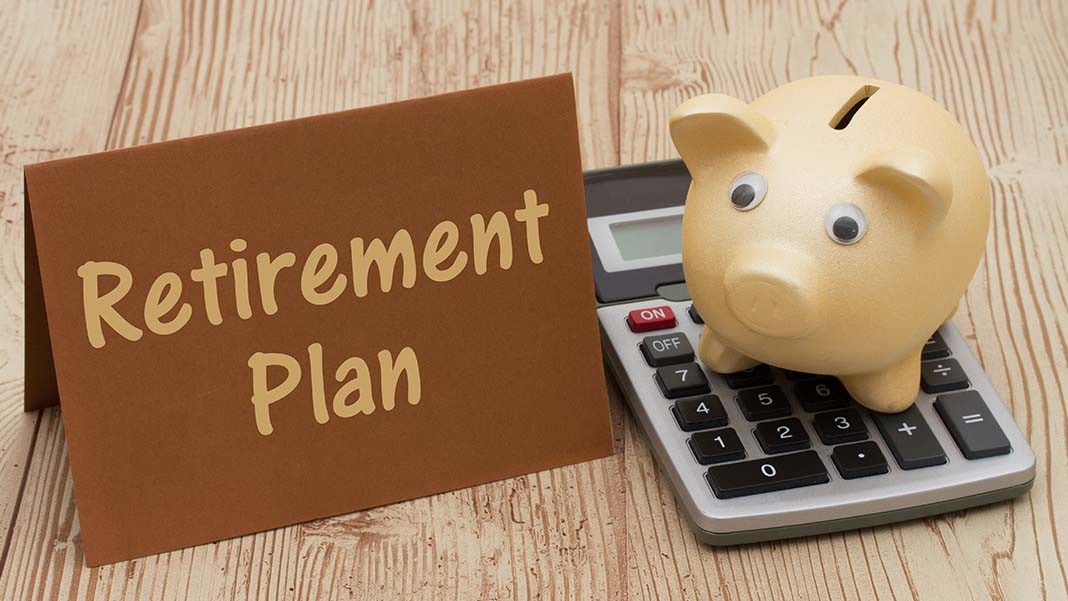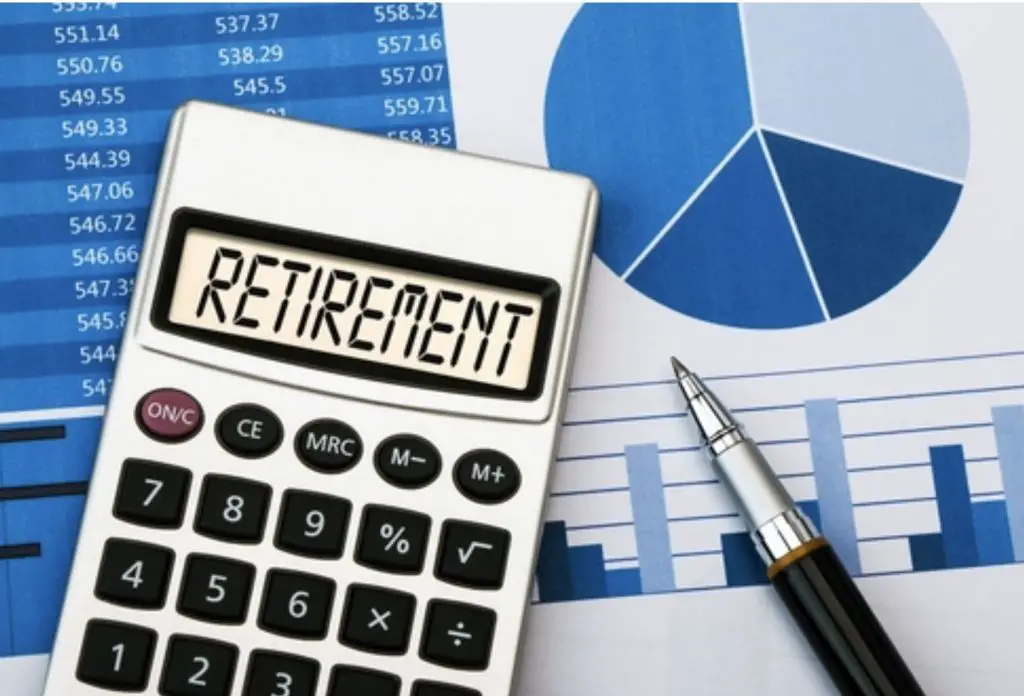When will I ever be able to retire?
As more and more of the Boomer generation reaches their fifties and sixties, you’ll see this question appearing more frequently on the T.V. and in your daily newspapers.
There really is no hard and fast set age for retirement. For most people, it depends on their financial situation.
For those with plenty of financial resources the question of when do I retire is more aptly phrased, when do I WANT to retire.
However, regardless of their financial situation, people who love their work may wish to continue to work even though they could comfortably retire if they so wished.
To determine if you have enough financial resources to retire, a good starting point is to visit one of the many online retirement calculators and enter your financial data.
That will usually give you a good idea of when you can reasonably start thinking about retiring.
To have the best chances of a successful retirement, many researchers suggest that the average person saves at least ten percent of his monthly income during his or her earning years.
And, for most people, it is advisable to start saving as early as possible.
But what if you are already 10 to 15 years away from retiring? What are your options then?
If you still have enough income coming in, the most immediate thing you can do is to start investing much more than the minimum 10% that experts suggest.
However, with a large segment of the population literally living from month to month, this option is not open to most.
And that’s what this post is about. Whether you have a lot of money or very little, we are going to give you suggestions to help you survive your retirement years in the best shape possible.
A well planned retirement will help you enjoy a comfortable life once you leave your employer.
Ideally, this means that your major debts are settled, you don’t have to be overly concerned about watching your budget, your health care is taken care of, and all of your daily necessities are easily met.
Related:
How to Get Rid of Debt Fast!
5 Steps to Effective Debt Consolidation
4 Steps to a Home Budget that Works
In the best cases, you will even have enough funds to spend on travels with your family.
Also, keep in mind that retirement planning is not just about the money you save before you reach your retirement age. It is also about strategic lifestyle decisions and their effects on your savings and assets.
You need to have a practical and clear plan on what you want to attain when you retire. Here are basic questions you need to ask yourself to help you map out your retirement plan effectively.
What is your desired retirement age and life expectancy?
When do you wish to retire? This is the starting point for determining how well you will be situated at retirement.
Once you know when you want or plan to retire, you can proceed to the following steps.
Where do you want to live when you retire?
You need to have an idea where you plan to stay when you retire.
Do you wish to live near the beach? Do you want to live in a cabin or in an apartment in the city?
Determine where you want to stay when you retire. For planning purposes, don’t limit yourself to one option. It’s best to have multiple good options to choose from.
Retirement lifestyle strategies – What type of lifestyle do you want when you retire?
Your desired lifestyle is a critical component when planning your retirement.
A lot of people wish to spend their retirement with just enough money for their daily expenses as they reconnect with family and friends.
Others want to have more than this. They envision a retirement lifestyle where they are traveling with their family, enjoying trips to other countries, and just having fun.
While others, after a lifetime of earning a living for themselves will opt to build their day-to-day retirement life around volunteering and helping others.
Whatever you decide, be aware that this decision will have a significant effect on how money much you need to have the retirement of your dreams.
How much money will I need at retirement to sustain my lifestyle?
This is not as simple as it seems.
You have to consider the dollars you have coming in now and extrapolate that out to your retirement age – taking into account inflation rates for everyday purchases, expected future housing prices, health costs and so on.
You then need to determine how much you need monthly to reach your calculated estimates. And, the best ways to determine this is to use a reliable calculator.
What are your potential sources of income?
While saving money in the bank can help, there are other sources of income you need to invest in as well.
Consider your monthly social security contributions, your health plan, and look for other areas where you can invest for a passive source of income.
The IRA or Individual Retirement Account allows you to save for retirement with tax-free growth on a tax-deferred basis.
The 401(k) plan is an employer-sponsored retirement plan where you can save for your retirement on a tax-deferred basis as well. Medicare can help you handle health care expenditures.
If you are an entrepreneurial type, an excellent way to enjoy a passive source of income is by starting your own business.
As with investments, the earlier you start, the better. As your business grows, hopefully you will have an additional source of livelihood which can supplement the income you are getting from your other investment sources.
In addition, a business will also let you deduct many expenses and help to shelter some of your profits from taxes.
How much can you realistically save during the remaining working years?
You need to be practical. If you plan to save more than ten percent within the remaining 10 to 15 years before you retire, you need to carefully assess your current expenditures.
Which are necessary expenses and which are optional. By cutting out the optional ones that you can do without, you can increase the amount of money that you put away for retirement.
Preparing your Retirement Plan
Mapping out your entire retirement plan takes a bit of focus – but it’s well worth the effort. Here are some of the things that you have to do 10 to 15 years before you retire.
1. Review all of your expected retirement income sources and expenses.

This will include your savings, rental properties, stocks, bonds, 401K, IRA, pensions, and other investment properties or retirement income funds.
Also include your estimated social security payments assuming that you are eligible. If you work for a company, you can request an estimate of your retirement benefits from your personnel office.
A breakdown of your typical retirement expenses will include your housing, utilities, taxes, and debts such as mortgages, charge cards. and other loans.
2. Learn more about retirement planning by attending workshops.
Learn more about planning your retirement by attending workshops that discuss it. This is more advisable for those who are aged 50 and above.
3. Contact your investment carrier representative.
Discuss with your representative your investment portfolio. This includes your accounts, your funds, and accumulated balances. It also includes your retirement and your beneficiaries.
Evaluate if you are giving the maximum contribution for your retirement. Discuss options of withdrawing accumulated assets.
Your investment carrier representative can help you understand the information in your projected retirement income portfolio.
This can help you to determine the income you need for your everyday expenses when you retire and let you know if you need to save more for your retirement.


